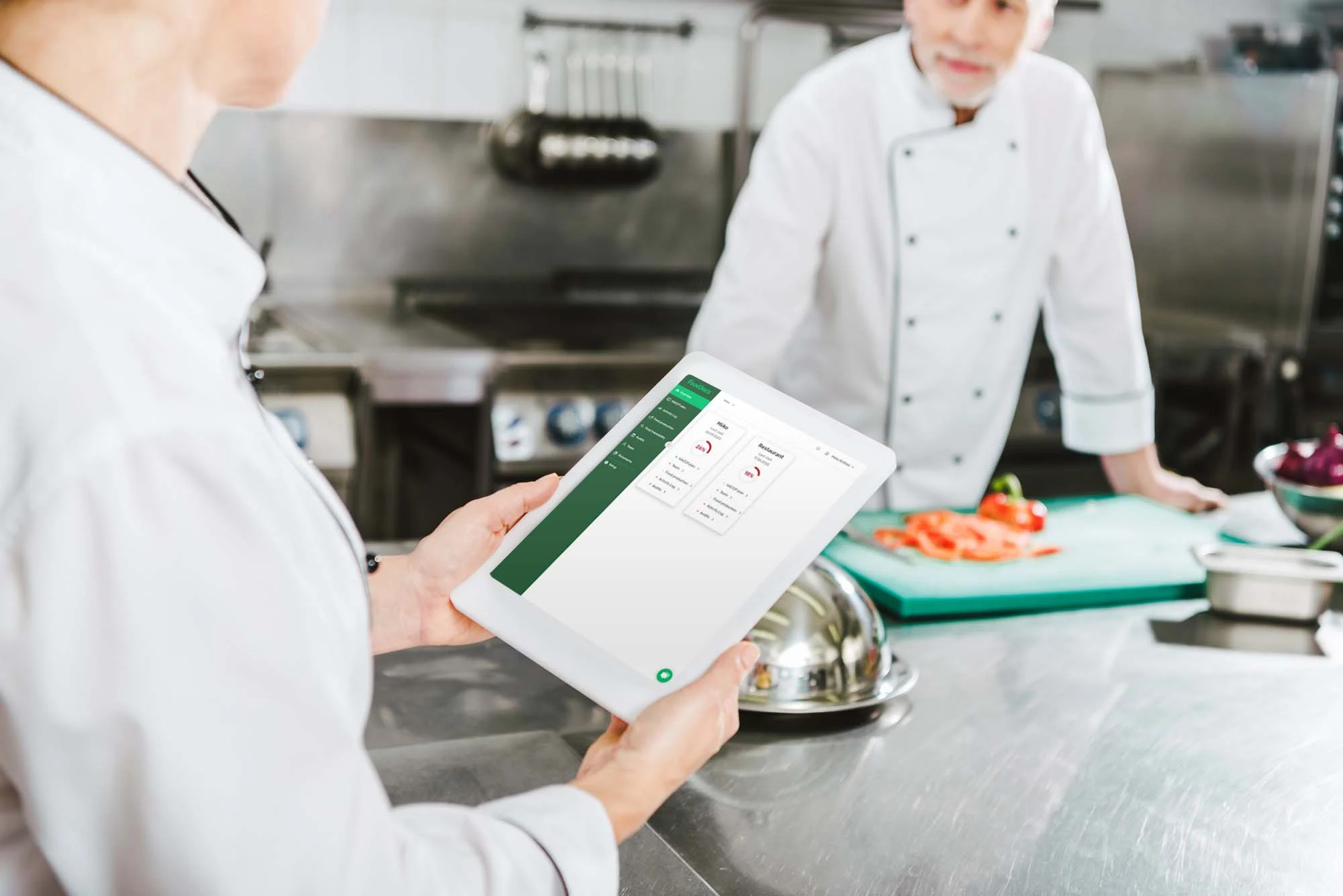Introduction – Why Food Safety Matters More Than Ever
In Australia, food safety is more than just a regulatory requirement—it’s about protecting public health and building trust with customers. Whether it’s a café in Sydney or a large-scale food manufacturer in Melbourne, businesses are expected to meet strict safety standards. However, with increasing regulations and rising consumer expectations, traditional methods often fall short. That’s where food safety software comes in. Digital solutions are rapidly becoming essential tools for managing compliance and ensuring consistent quality control across the industry.
See more: How Food Safety Compliance Software Helps You Stay Audit-Ready
The Challenges of Traditional Food Safety Practices
For years, many food businesses relied on manual record-keeping and paper checklists to maintain compliance. While this approach may have worked in the past, it is now showing its flaws. Handwritten logs are prone to errors, misplacement, or even falsification. Human error—like forgetting to record fridge temperatures or misfiling audit documents—can lead to costly compliance breaches.
Moreover, audits can become stressful when businesses scramble to gather scattered records. In industries where even minor mistakes can lead to serious health risks, relying solely on manual systems creates unnecessary vulnerabilities.
How Food Safety Software Works
Food safety software replaces manual tasks with smart, digital solutions. At its core, it helps businesses monitor and manage compliance requirements in real time. Key features include:
- Real-Time Monitoring – Sensors track food storage conditions like temperature and humidity, instantly flagging issues.
- Automated Compliance Checks – Built-in guidelines ensure businesses meet Australian food safety regulations without guesswork.
- Digital Reporting – Reports are generated automatically, making audits faster and less stressful.
- Task Scheduling – Staff receive reminders for cleaning, inspections, and safety checks, reducing the chance of oversight.
By combining these features, the software ensures that compliance becomes part of daily operations rather than a last-minute concern.
Benefits for Australian Businesses
Adopting food safety software isn’t just about ticking boxes—it’s about transforming efficiency and building trust. Businesses across hospitality, retail, and food production can benefit in several ways:
- Improved Efficiency – Automating routine tasks saves time, allowing staff to focus on service and quality.
- Cost Savings – Preventing spoilage and reducing compliance penalties leads to long-term financial benefits.
- Risk Reduction – Real-time alerts mean problems can be fixed before they escalate into health hazards.
- Customer Trust – Demonstrating strong safety practices reassures customers and strengthens brand reputation.
For Australian businesses, these benefits can be the difference between thriving and struggling in a competitive industry.
Case Examples or Real-Life Applications
Imagine a busy restaurant in Brisbane. Instead of staff manually recording fridge temperatures, sensors feed data directly into the software. If a fridge malfunctions overnight, managers are alerted instantly, preventing food spoilage and potential health risks.
In food production, a factory in Adelaide might use software to track every batch from raw materials to packaged goods. This digital traceability not only simplifies recalls but also strengthens consumer confidence.
Even in retail, supermarkets can benefit. Automated compliance logs ensure that food storage meets health standards without relying on stacks of paper records. Across all sectors, the software shifts compliance from reactive to proactive.

The Future of Food Safety Technology in Australia
The role of technology in food safety is only growing. Future trends suggest even greater integration of advanced tools:
- Artificial Intelligence (AI) – AI will analyze data patterns to predict potential risks before they happen.
- Internet of Things (IoT) – More connected sensors will allow real-time monitoring across entire supply chains.
- Predictive Analytics – Businesses will be able to forecast equipment failures or contamination risks, preventing problems before they occur.
As Australia continues to raise its food safety standards, these innovations will help businesses stay ahead while maintaining consumer trust.
Conclusion – A Smart Investment in Compliance and Quality
Food safety is non-negotiable in Australia, but how businesses achieve it is changing. Relying on manual systems creates risks that no company can afford. By embracing food safety software, businesses gain more than compliance—they gain efficiency, reliability, and customer confidence.
In a world where reputation can make or break a brand, investing in digital solutions isn’t just about keeping up with regulations—it’s about building a safer, stronger, and more trusted food industry for the future.



